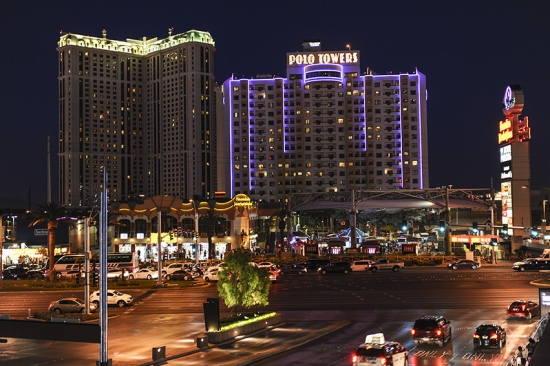More than $120 million in commercial loans in Las Vegas went into default in November, according to a report released by the Nevada Title Co. The $37.9 million loan on the Rainbow Promenade shopping centre is included on the list. JP Morgan is the original beneficiary of that loan.

Depressed property values and high vacancy rates are creating conditions where owners are finding it very challenging to pay off their debt. According to Hayim Mizrachi, the managing director of NAI Global, approximately 65 per cent of his sales last year involved banks and receivers that had taken charge of properties in default.
Commercial defaults did take down some properties in Sin City, but the wave of foreclosures that some analysts predicted was going to engulf the market never happened. The main reason is a lack of inventory. If a good property comes onto the market, it is bought.
Whereas a homeowner may be able to justify living in a home for up to a year without making mortgage payments and taking a hit on his or her credit while saving up money for a down payment on another house, the stakes are a lot higher if an investment property goes into default.
A business owner who buys a building probably put some cash into the transaction. The bank would be less likely to grant a short sale to deal with the amount owing. A business owner is more likely to fight to keep the property or recover the amount he or she invested.
If the bank decided to take over a commercial property, it is left with the issue of finding tenants and managing the property. They are more willing to work with commercial borrowers who are experiencing financial difficulties than residential customers in a similar situation.
Commercial delinquency rates increased during the period from 2008-2011. They stabilized in 2012.
Previous Post
Expansion of Oxfordshire Business Park Divides Opinion